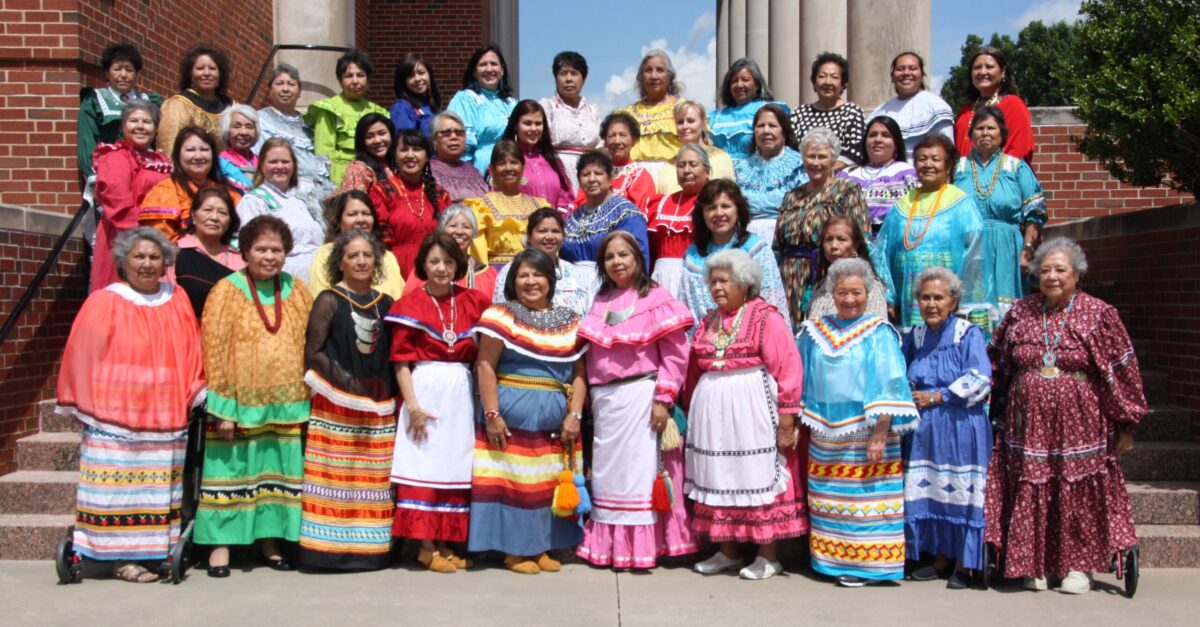Love in Place of Fear
1 John 3:13–18; 4:14–18
Some people have nicknamed John the Apostle of Love. The concept of love occurs many times in his writings.
The reality of God’s love for believers gives us confidence because we know our Father desires and purposes the best for us. Therefore, as John stated in the last verse for this study, “Perfect love casts out fear.”
We can know and experience love because of Christ. (3:13–18)
As followers of Christ, we should not expect unbelievers to appreciate us.
In fact, John used strong language. “Do not be surprised” is an ongoing command rather than mere advice. Because Christians follow Christ, the world will hate us. Yet, while the world hates us, Christians should love fellow Christians. For John there was no middle ground.
The option within the Christian family is either love or hate. One who identifies as a Christian but does not love remains continually in a state of spiritual death.
Such an unloving person claiming to be a believer is a follower of Cain rather than Christ (1 John 3:11–12).
Throughout 1 John, the apostle uses the language “we know” to set forth reasons for Christian assurance.
For John, love and life go together and cannot be separated. John clearly described love as an action rather than an emotion.
As followers of the One who laid down His life for our benefit, we should be willing to sacrifice our lives for fellow believers. Laying down our lives for Christian brothers and sisters does not necessitate death. Meeting needs through action and truth also demonstrates love.
God’s love is in us because God remains in us. (4:14–16)
Love means giving. God has given us His Spirit (1 John 4:13), but He has also given or sent His Son as the world’s Savior.
The death of Christ on our behalf is the greatest evidence of God’s love.
John emphasized the mutual relationship of love between God and a believer.
The term translated “remains” in this passage is the same term and concept of the language of remaining or abiding in John 15. By use of this language, John described an intimate, ongoing and growing relationship.
God’s love gives us confidence and dispels our fear. (4:17–18)
In this brief unit, the apostle highlighted key terms: fear and confidence.
A literal translation of the first phrase in v. 18 states, “fear not in the love.”
John does not communicate that fear in general is not connected to love.
Rather, the apostle referred to a specific love not associated with fear, namely the love expressed through the cross of Jesus.
Because of the mutuality of the love of God for us and the continually abiding love of God remaining in us, believers have confidence in the day of judgment when Christ returns.
Because Christians experience God’s love, we do not fear because love has driven out the fear of punishment.
A person who does fear has not experienced the reality of God’s love.
By Mark Rathel
Professor at the Baptist College of Florida in Graceville, Florida








